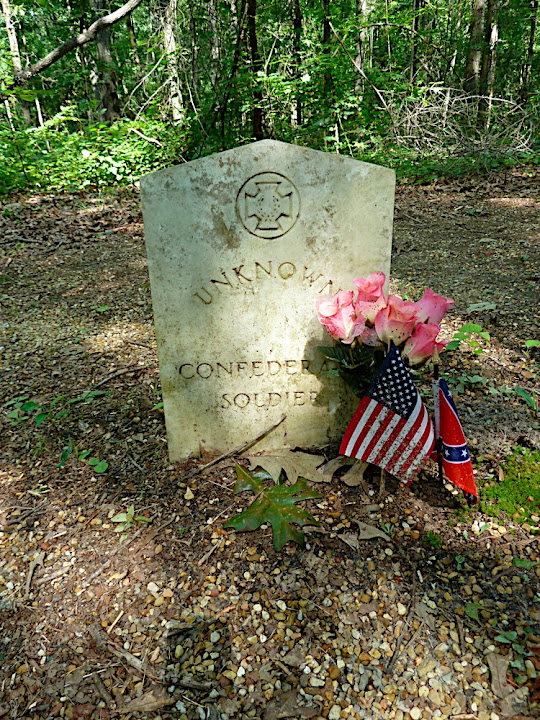trace
We travel along Natchez Trace Parkway built roughly along the old trail used by boatmen to return home after floating down Mississippi river. It’s a strange road maintained by National Park Service. Driving it is like driving through 400 miles of park. You are easily fooled thinking you are in the middle of nowhere, but most of the time you are in the narrow green strip of trees isolating the parkway from farmland and subdivisions. Better this than nothing.
It’s hot and humid and we are exhausted after covering not much over 100 miles a day in an air-conditioned car. Sure we make stops to hike short trails and detours like a somewhat disappointing side trip to Oxford. But it doesn’t even start to compare to traveling on foot, horseback or with a wagon. We stay in chain motels off the parkway, which is modern day equivalent of sleeping on the ground, or on the porch of a stand found here and there on the trace.
Much has changed since the trace was in active non-recreational use: place to sleep costs now a bit more than 25 cents. There are nearly no real forests outside the immediate vicinity of the parkway: the side trips lead us through fields and suburban sprawl with requisite chain stores. There are no wild animals, a bird seldom flies by.
Along the trace we find areas of rare and unspoiled beauty: cypress and tupelo swamps, pine stands, waterfalls, beaver habitats complete with impressive dams. There is no shortage of displays, exhibits and self-guiding trails, but I am disappointed. They seem to provide more questions then answers. Sure this is a step up from Alabama state park presentations in which State governor and his wife invite you to admire god’s creation, but I hoped to learn more about rural south traveling the trace.
Instead, what I see is a strange lack of deeper explanation: land erosion somehow happens, natives somehow sign the treaties giving up their lands. There are quite a few flowery descriptions, but little information on efforts to restore habitats, few references to original inhabitants of the area - Indians - reviling and romanticizing them at the same time. When we do veer off the parkway I am taken aback by unapologetic attitude about slavery, omnipresent glorification of confederacy and overwhelming influence of religion. At one or two rest stop we collect and throw away blue and pink stickers with a Hell is real. Repent! reminder. Based on what I see, population seems to be inward facing, at odds with the outside world that constantly forces them to change their ways, offering solutions before they even see the problem. Practicing slavery and segregation under the banners of equality and democracy. Not preserving forests when states around them try to save wild animals from extinction. Treating evolution as unproven theory, when the rest of the world has moved on. May be I did learned enough after all.
